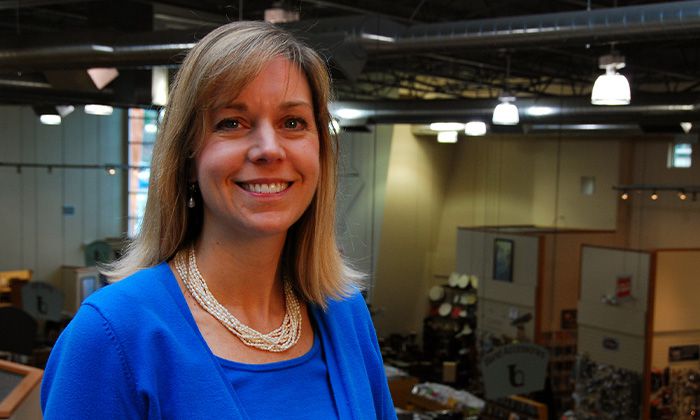Dear Governor Inslee, Superintendent Reykdal and concerned parents:
We have deep concerns about the state of public school music programs across Washington. We live in unprecedented times, and the responsibility to keep our students and faculty safe while providing quality instruction has never been greater. We agree with Superintendent Chris Reykdal that “there has never been a bigger moment to examine our education system and improve our practices to further close opportunity gaps” (as stated in the OSPI planning guide ‘Reopening Washington Schools 2020’). Unfortunately, many school districts across the state have chosen to significantly restructure, reduce, or cancel their music programs for the 2020-2021 school year. The impact of these decisions is huge: our state’s public institutions serve thousands of students through their music programs each year. Removing music from the curriculum challenges the federal Every Student Succeeds Act (ESSA), which states that a well-rounded education includes music.
There is no shortage of documented benefits to music education - students thrive academically when they are in music programs from an early age, with increased GPAs and superior reading cognition. Studying music develops motor skills and helps students manage their emotions. Music is fun to take part in, simultaneously teaching both discipline and love for artistic expression. It's no wonder that overall, studying music helps close the academic gap, greatly improves attendance and graduation rates, and can even make someone a better member of society. The music classroom is one of the places best-suited to discussions of race and access to the arts, with music history covering a rich array of topics. Presenting music from cultures worldwide encourages empathy for those different than us. Participating in or listening to music can profoundly affect brain waves and treat conditions like ADD and depression. Music even helps prevent against dementia as we age. Beyond health benefits, music teaches the skills most desired by employers: creativity and adaptability. In 2016, the Arts contributed over $804 billion dollars to the United States economy. The impact of music education on young lives cannot be overstated.
All students deserve the valuable opportunities and lifelong benefits that come from music education regardless of race, gender, religion, socio-economic status, or any other factors. The recent movement started by Black Lives Matter calls attention to the manifold injustices of systemic racism prevalent in all areas of society, that can only be defeated by steadfast anti-racism. Practicing anti-racism means ensuring equitable access to education for all students. However, many schools that are removing aspects of their music program have proposed a distance-learning model for music classes. This would exclude some of Washington’s most vulnerable students from participation. In addition to the technological requirements for online class participation like a smart phone or computer with a webcam and moderate internet speeds, music students need access to a functional instrument and a relatively quiet space to participate. Many students do not have access to those components at home.
It is therefore important to note that while school was in session during the beginning of the COVID-19 outbreak in the US, there were no documented ‘super-spreader’ events among band or orchestra classrooms. As the pandemic continues, studies into the safety of large ensemble rehearsals & concerts are ongoing. The College Band Directors National Association is one organization currently conducting research into aerosol generation and reduction of exposure. We will continue to learn much about the safety of musical activities prior to the start of the 2020-2021 school year. The format of instrumental ensemble classes can likely be adapted to give students safe access to hands-on instruction in some capacity.
The Arts are always vulnerable during crises. However, artists have never stopped creating during any of the greatest challenges humanity has ever faced. During the Great Depression, the Seattle Art Museum was founded! As we continue to spend a greater amount of time isolated from others to slow the pandemic’s spread, our need for human connection is greater than ever. Fortunately, music forms profound connections that strengthen our community, and helps to develop resilient young adults. For all this and more, now is simply not the time to abandon music. We sincerely hope you will address these concerns, and act in support of your students, who need you to protect their music programs.
This will be our reply to violence: to make music more intensely, more beautifully, more devotedly than ever before
Respectfully yours,
Whitney Brown Grisaffi
President, Ted Brown Music
Previous Post Next Post

